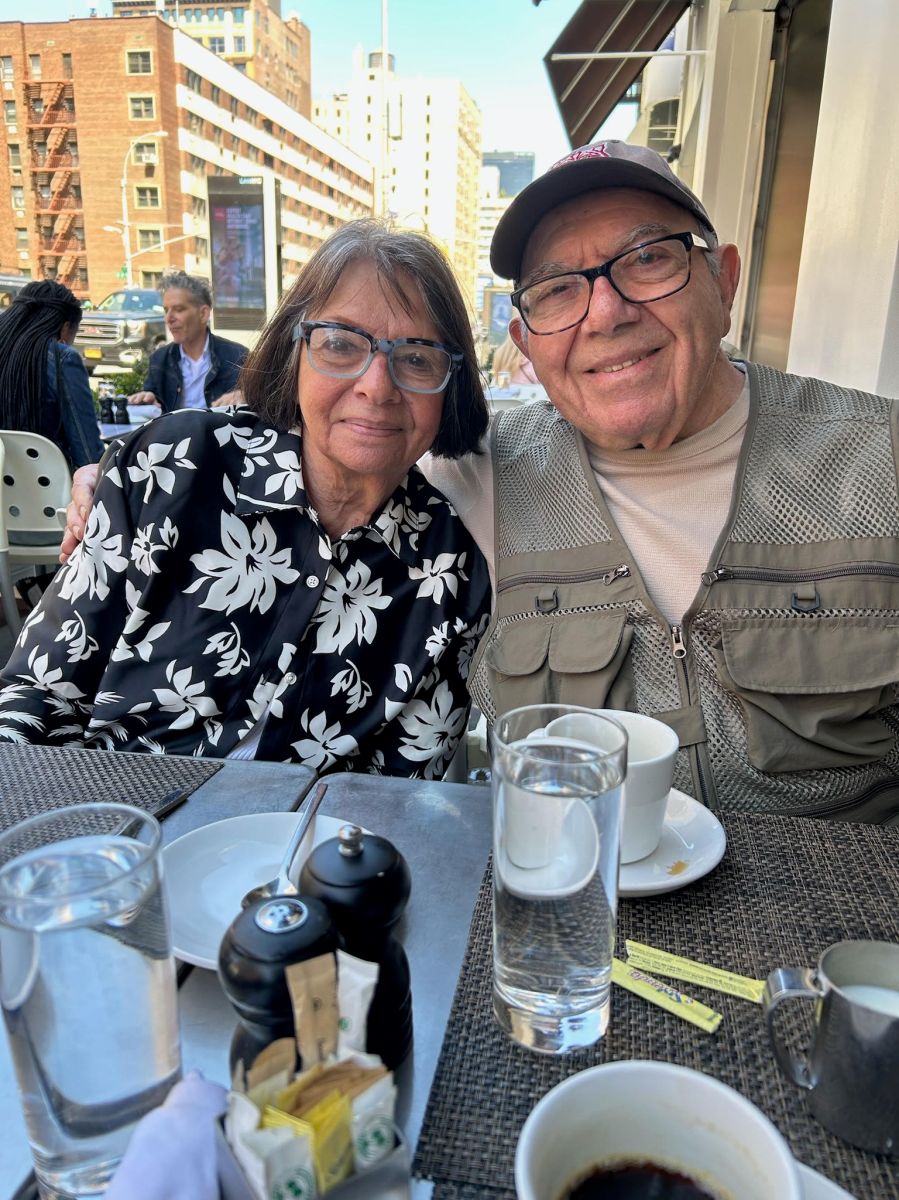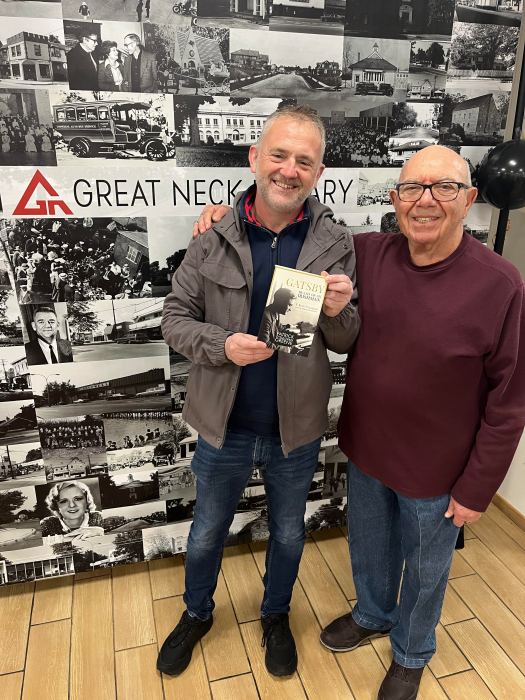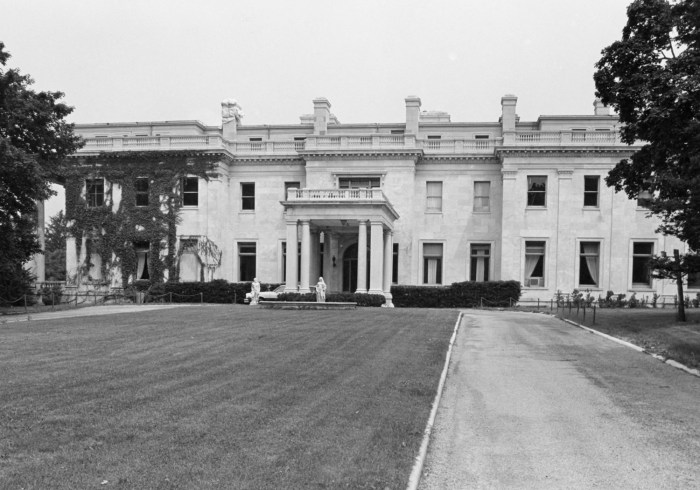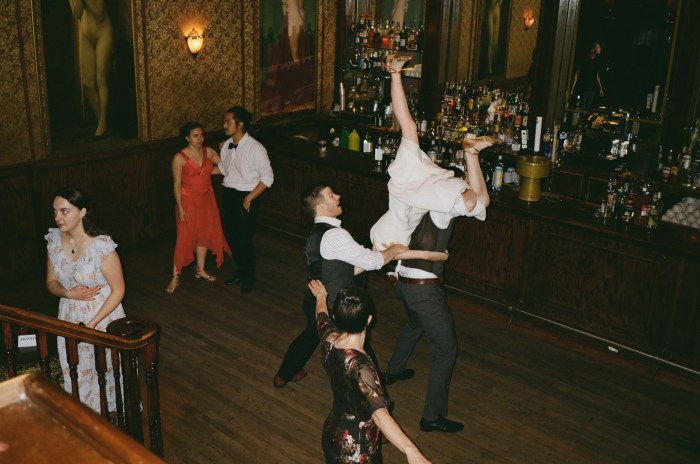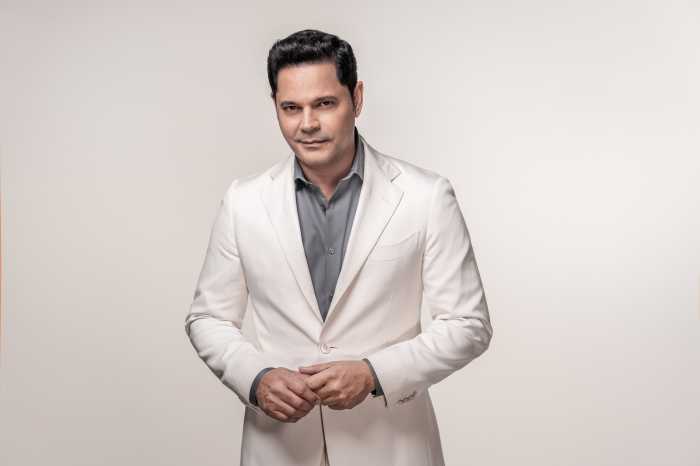Joe Corso did not expect that opening “The Great Gatsby” in a college classroom more than six decades ago would shape the course of his life.
“I read ‘The Great Gatsby’ in college, when I was at St. John’s University,” Corso recalled. “That was my first awareness of it. This was somewhere around 1960, perhaps.”
What began as a classroom assignment evolved into a lifelong devotion to the work and legacy of F. Scott Fitzgerald. Now, at 84, Corso is recognized as a leading independent researcher and local historian of Fitzgerald’s time in Great Neck — the Long Island peninsula believed to have inspired much of Gatsby’s glittering backdrop.
A spark from a facsimile
The deeper dive began in 1973, when Corso stumbled upon a publication that would change his direction. That Christmas, he purchased a facsimile edition of Fitzgerald’s handwritten manuscript of “The Great Gatsby,” released by noted scholar Matthew J. Bruccoli.
“I don’t know what prompted me to buy the book at that time. Maybe I had good memories of the novel,” Corso said. “But I went through the whole book and that’s what got me to think about what I could do in 1975 when it became the 50th anniversary of ‘The Great Gatsby’s’ publication.”

Corso set out on a mission: to convince the U.S. Postal Service to issue a stamp commemorating the novel’s anniversary. With the help of Minnesota senators Hubert Humphrey and Walter Mondale, he made his case. Though the postal service declined at the time, a Fitzgerald stamp was finally issued in 1996.
“When it came out, I was very upset that it wasn’t a first-class stamp,” Corso said with a chuckle. “But at least Fitzgerald finally got the recognition.”
Great Neck steps into the Gatsby glow
Corso’s research quickly expanded beyond stamps. In 1975, he approached then-library director Joe Covino at the Great Neck Library about hosting a public program marking the anniversary. The result was a 10-day series of lectures, slide shows and discussions that drew university scholars and Fitzgerald enthusiasts alike.
One highlight was a lecture by Bruccoli titled “Ten Lies Told About F. Scott Fitzgerald.” Corso also produced a slide presentation with a photographer friend, combining archival images from the Minnesota Historical Society with scenes from New York locations tied to the novel.
But the most remarkable moment came when Corso was introduced to Doris Brown, a Great Neck resident whose father befriended Fitzgerald during the 1920s. She revealed to Corso and later to Bruccoli that her father’s stories about an adventure on a yacht in Sheepshead Bay helped inspire passages in “The Great Gatsby.”
“That meeting was pivotal,” Corso said. “It led directly to my first published article in the ‘Fitzgerald/Hemingway Annual’ in 1976.”
A chain reaction of research
That article, titled “One Not Forgotten Summer Night”, was cited in later works on Fitzgerald, including a biography of journalist Nellie Bly. It also inspired Corso to co-write a theatrical libretto, “A Shadow of Her Own,” staged in 1982 in New Hyde Park and later revived at the Great Neck Library.
“It kind of had ramifications well beyond just Fitzgerald,” Corso said. “But it all started with that anniversary program in 1975.”
Throughout the decades, Corso continued to collect Fitzgerald-related materials, ranging from stamps and photographs to scholarly references to his own work. He donated much of his collection to the Great Neck Library, helping the institution to consider building a permanent archive of Fitzgerald memorabilia.
“I wanted to turn over artifacts to the library to build up a collection of memorabilia,” Corso said. “It ties the present celebration to the one we held 50 years ago.”
Fitzgerald, the music man
One of Corso’s more unusual research threads has been Fitzgerald’s relationship with music. He traced a connection between the 1921 Broadway musical “Mary” and a recurring motif in “The Great Gatsby” — the song “The Love Nest.”
“Years ago, I thought that would have been the subject for another article,” Corso said. “But recently, other authors have taken it up and written whole chapters just about ‘The Love Nest’ and how it connects to Gatsby. It shows how Fitzgerald used everything around him — people, places, songs — as grist for the mill.”
Enduring themes
Corso believes Fitzgerald’s lasting appeal lies in how “The Great Gatsby” grapples with ambition, wealth and class — themes as urgent today as in the Jazz Age.
“I think first and foremost, it has a lot to do with the American dream, so-called,” Corso said. “This idea that the rich get richer while the poor get children. Gatsby lost Daisy because she was stolen by a man with wealth. That still resonates.”
He added that Gatsby’s world of extravagance — music, parties, booze and drugs — mirrors contemporary culture. “Of course, the Jazz Age, the music, the drinking — all of those things today are so common,” he said. “Back then, it was shocking. Now, it’s familiar.”
Fitzgerald’s reputation restored
At the time of his death in 1940, Fitzgerald felt forgotten, his books out of print and his finances in shambles. His estate, Corso noted, was worth just $35,000 — largely from life insurance.
“He believed, when he died, that he was a complete failure,” Corso said. “And now, Gatsby is considered one of the handful of greatest American novels ever written.”

The revival of Fitzgerald’s reputation began during World War II, when the military distributed 155,000 pocket-sized copies of “The Great Gatsby” to servicemen overseas. That exposure, followed by a wave of biographies in the 1950s, cemented his place in the American canon.
“It was really the military that was being exposed to Fitzgerald again for the first time since his death,” Corso said. “They brought those books home and from there it mushroomed.”
The privilege of persistence
Looking back, Corso is still surprised at how much of his life has been devoted to Fitzgerald.
“I never thought the majority of my life would be dedicated to this topic,” he admitted. “But I consider myself privileged that I’ve lived through the 50-year period between one anniversary and the other.”
As the Great Neck Library marked its centennial in 2025, Corso once again shared his collection and insights with the community that inspired Fitzgerald a century earlier.
“The book endures,” Corso said simply. “I don’t know how much longer, but it still speaks to new generations. And I’m glad I’ve been able to play a part in keeping that alive.”




